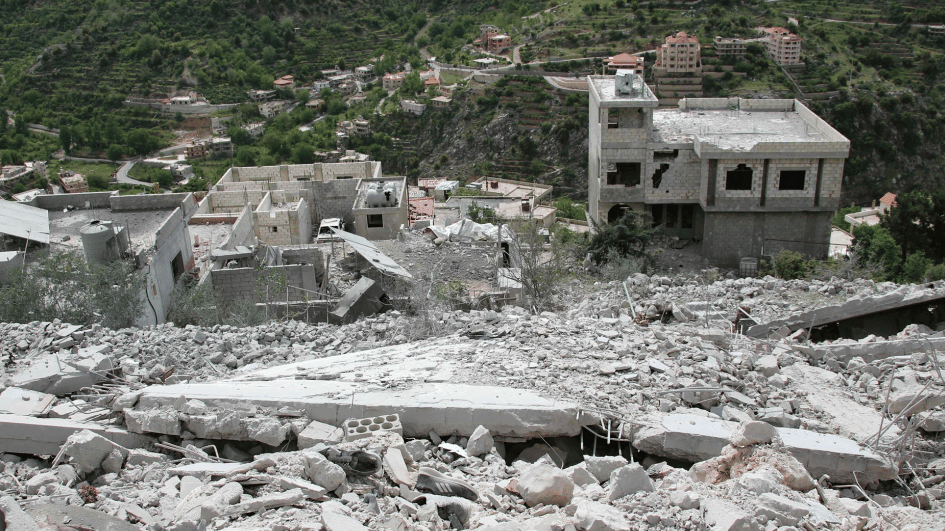Armenia launches systematic attacks against civilians
The armed conflict between Armenia and Azerbaijan enters its third week with no permanent ceasefire in sight. Russian mediation for a humanitarian truce declared on Oct. 10 did not survive. There is no convincing international initiative to persuade the two warring sides to cease their military activities in the region either.
The last three weeks have shown that Azerbaijan is outcompeting Armenia on the battlefield. It has liberated a number of its villages under Armenian occupation for three decades and is comfortably pursuing its military objectives in the field. It is obviously not the party that seeks an immediate ceasefire or a return to negotiations as it has bitterly learned in the past 30 years that diplomacy has yielded no results when it comes to the Nagorno-Karabakh conflict.
Azerbaijan President İlham Aliyev has clarified many times that Baku will start negotiations in case Armenia accepts to withdraw troops from the occupied territories.
Armenian Prime Minister Nikol Pashinyan is defying these calls and relevant U.N. and Organization for Security and Cooperation (OSCE) resolutions that stipulate the return of the occupied territories to Azerbaijan. As his troops can hardly resist against the Azerbaijani army, he has started to implement a multilayered strategy by taking advantage of pro-Armenia governments in the West as well as its diaspora in the world.
Many of these Western countries are traditionally supporting Armenia and have hardly shown empathy to Azerbaijan in its 30-year-long struggle to liberate its territories from the occupation.
Plus, Yerevan is in an obvious effort of benefiting from Turkey’s troubled relationship with many Western countries, including the U.S., France and Greece, etc. Armenian authorities have made numerous claims about Turkey’s active and physical involvement in the armed conflict since the start of clashes. But none of them have been confirmed as Azerbaijan is pursuing its war against Armenia.
It’s not a secret that Turkey supports Azerbaijan, and the two countries have developed substantive security cooperation over the last decade. But that was not only Turkey who supported the Azerbaijani army. It has been procuring sophisticated weapon systems from both Israel and Russia, making its firepower much effective compared to the Russia-dependent Armenian army.
Naturally, Armenia’s strategy of distraction by anti-Turkey rhetoric accompanied by hazy claims did not change much for Yerevan, whose forces can no longer stop the advance of the Azerbaijani army.
As a result, and sadly, Armenia has resorted to attacks against the civilian residential settlements in Azerbaijan. The attacks against Ganja, Terter, Mengicevir, and other places were intensified in the wake of the ceasefire in a bid to spread the war outside Nagorno-Karabakh and to cause public outrage in Azerbaijan against its leadership.
Armenia’s rocket attacks caused dozens of civilian casualties in Azerbaijan in the last week. It was interesting not to hear even a word of criticism from the international community over the deliberate targeting of civilians.
According to the Azerbaijani Defense Ministry, a missile fired by Armenian forces on Oct. 15 exploded in the territory of Ordubad region of the Nakhchivan Autonomous Republic, on the Turkish border.
This may be not so much important considering its scope, but if it is a sign of Armenia’s future attempts to drag Turkey into the armed conflict, then it is very dangerous. Armenia’s efforts to spread out the armed conflict toward inner Azerbaijan and Nakhchivan regions are no different from playing with fire.











